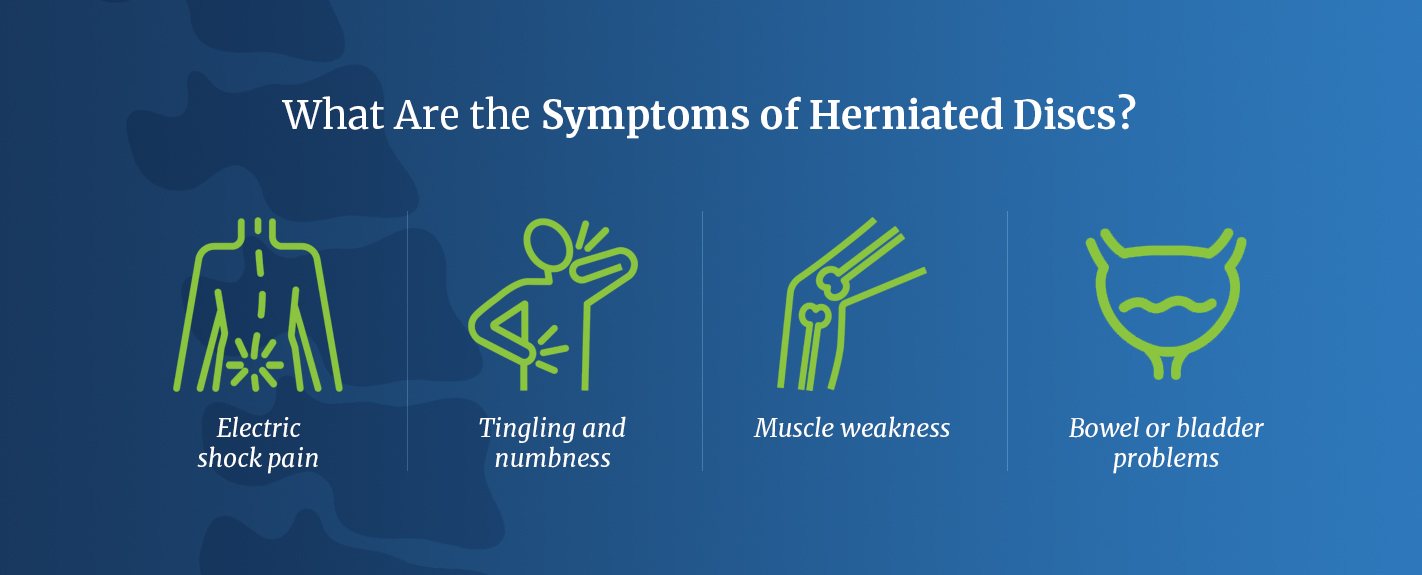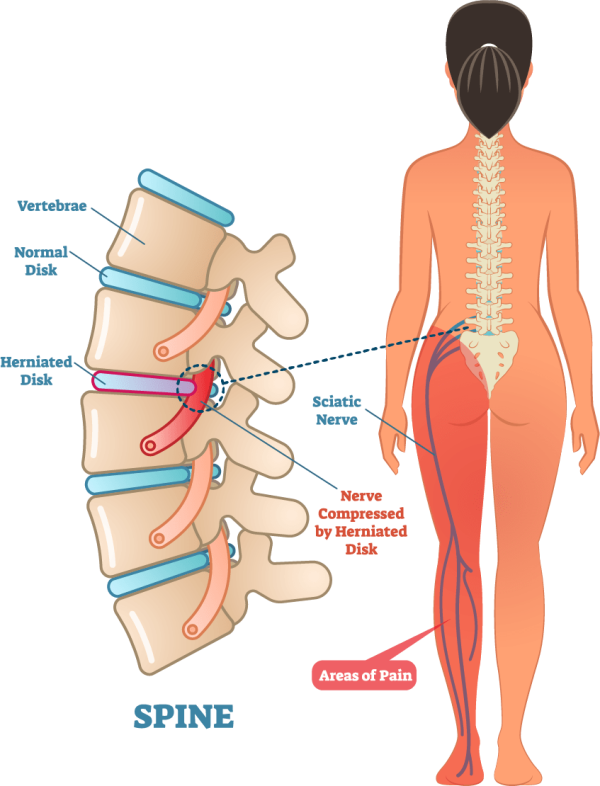Slip Disc Treatment
- Home
- Slip Disc Treatment
Slip Disc Treatment In Pimpri Chinchwad
“People who suffer chronic pain in their backs or necks are often the victims of a herniated disc.”
Your spinal column is an organized series of bones stacked onto one another. The spinal column is cushioned by discs to guard the bones in the spine. These discs are made from a soft inner region with a hard outer ring. Due to reasons, which include an injury or weakening of the spine, the inner area can protrude through a tear triggered in the outer ring, leading to ache and discomfort. This is how a herniated or slipped disc is developed.
What is slipped disc?
When you have a prolapsed disc (generally known as a slipped disc), a disc does now no longer actually slip. What takes place is that a part of the inner softer part of the disc (the nucleus pulposus) bulges out (herniates) via a weakness in the outer part of the disc. A prolapsed disc is also known as a herniated disc. The bulging disc may press on close by structures including a nerve coming from the spinal cord. Some inflammation also develops across the prolapsed part of the disc.
Any disc in the spine can prolapse. However, maximum prolapsed discs arise in the lumbar a part of the backbone (lower back). The size of the prolapse can vary. As a rule, the bigger the prolapse, the greater severe the signs are possibly to be.

Who gets a slipped disc?
Bouts of backache are very common. However, much less than 1 in 20 cases of acute (sudden onset) back pain is because of a prolapsed disc. (Most cases of back pain are classed as simple low backache. This is a concept to be due to minor trouble in a muscle, ligament, or different structure in the back – for example, a strained muscle.) The maximum common age to develop a prolapsed disc is between 30 and 50 years. Twice as many men as women are affected.
How is it caused?
It is not clear why some humans develop a prolapsed disc and now no longer others, even if they do the identical job or lift the same kind of objects. It appears that a few humans might also additionally have a weakness in the outer part of the affected disc. Various things may also cause the inner softer part of the disc to prolapse out through the weakened outer part of the disc. For example, sneezing, awkward bending, or heavy lifting in a clumsy position may reason some extra strain on the disc. In humans with a weakness in a disc, this could be sufficient to cause a prolapse. Factors that could increase the threat of developing a prolapsed disc consist of an activity related to lots of lifting, a job related to lots of sitting (especially driving), weight-bearing sports (weight lifting, etc), smoking, obesity, and growing age (a disc is much more likely to develop a weakness with growing age).
What Are Symptoms of a Slipped Disc?
- For slipped discs in the neck: Neck signs and other related signs consist of numbness, tingling, weakness, or ache in the shoulder, neck, arm, or hand. Symptoms of a herniated disc in the neck frequently increase or decrease with neck motion.
- For slipped discs in the lower back, back symptoms consist of Pain down the back of every leg from the buttocks to the knee or beyond (that is known as sciatica because it affects the sciatic nerve)
- Numbness, tingling, weakness, or pain in the buttocks, back, legs, or feet, or all of these as in sciatica
- Numbness and tingling around the anus or genitals
- Pain with movement, straining, coughing, or doing leg raises
- Difficulty controlling bowel movements or bladder function
Slipped Disc Treatment By Dr. Ganesh Mundhe
In young individuals, the smooth disc can slip (herniate) because of lifting heavyweight, excessive traveling, excessive bending work, or from time to time there might not be any associated factor. In aged patients, the disc comes to be difficult because of natural aging and disc dehydration and as a result, already has a few tendencies to bulge however the above precipitating elements can further contribute to disc herniation. Dr. Ganesh Mudhe is an expert treating Slip disc with his unique treatment.
There are truly a few restrictions as after any other surgical procedure however are quite simple and easy to follow. For example, after a lumbar surgical procedure, it is taught how to rise up from the bed and lie down, now no longer lift heavyweight, not to take a seat down cross-legged. This is extremely crucial and defined with a diagrammatic chart and sufferers are expected to observe this for some weeks. Meet Dr. Ganesh Mundhe for the high-quality Slip Disc Treatment in Pimpri Chinchwad.

